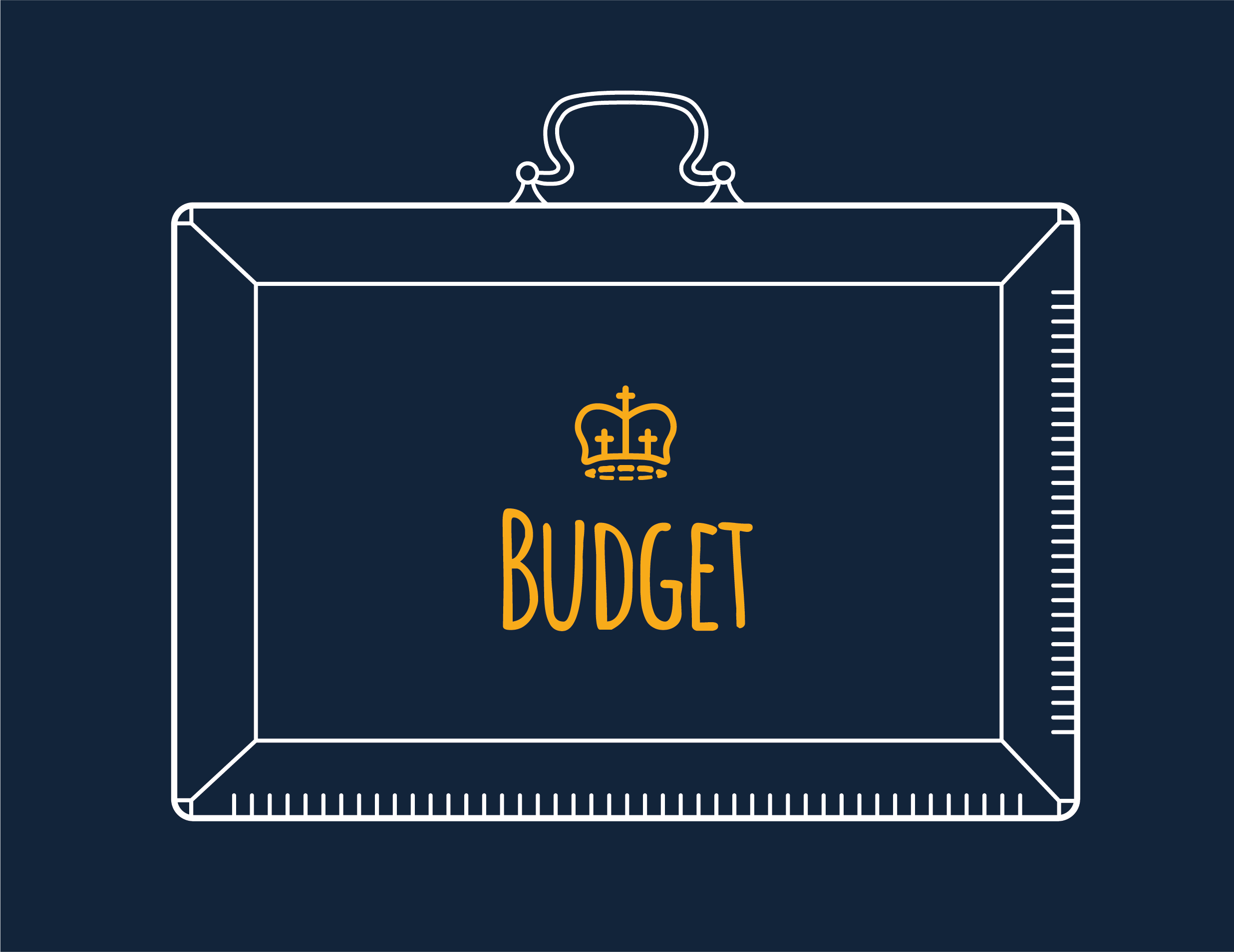
Being self-employed often means you don’t have traditional workplace benefits like sick pay or employer-provided insurance. So, if you’re self-employed and rely on your own earnings, what happens if you get sick, have an accident, or even pass away? A sudden illness, injury, or even death could cause financial problems for you and your loved ones.
This guide explains how income protection and life insurance can provide financial safety.
- Income protection for self-employed individuals: This pays you a regular income if you can’t work because you’re ill or injured.
- Life insurance for self-employed individuals: This gives a sum of money to your family if you pass away.
Protecting your income and your family’s future is a smart move for self-employed individuals. Let’s look at why these are important and what you need to know.
Why are life insurance and income protection important for self-employed individuals?
Self-employed people often don’t get sick pay, life cover paid by an employer, or redundancy pay. This means if you get ill, have an accident, or die, your income could stop straight away.
This can cause problems for those who rely on you, like your family, or for paying your mortgage, or even for your business.
Here’s why these types of cover might be worth thinking about:
- Life insurance can support your family financially if you die. It can help cover important things like the mortgage, childcare, or funeral costs. This can make a difficult time a bit easier for them.
- Income protection can give you regular monthly payments if you can’t work due to illness or injury. These payments can help with your rent, household bills, or even ongoing business costs. This gives you time to get better without money worries.
Ask yourself: “If I couldn’t work tomorrow, how would I pay my bills?” Thinking about this can help you see why insurance or cover is important.
What challenges do self-employed people face when applying for cover?
Applying for life insurance for self-employed or income protection for self-employed people can have unique challenges:
- Your income might not be the same each month. This can make it tricky to show insurers consistent income or work out how much cover you need.
- Insurers will usually ask for proof of your income. This could be from your self-assessment tax returns or business accounts.
- If your job is high-risk or involves manual labour (like some trades), you might find it harder to get income protection, or you might have to pay more.
- Getting cover can sometimes take longer for self-employed people. This is because insurance companies sometimes do extra checks.
- Always be honest and accurate about your income and job type when you apply. If you give wrong information, it could cause problems later if you need to make a claim.
How to calculate the right amount of self-employed cover
Here’s how to work out how much self-employed income protection or life insurance you need.
- Look at your average monthly income over the last one to three years. This gives insurers a clearer idea of what you earn.
- Make a list of all your regular payments. This includes your rent or mortgage, utility bills, food costs, and money for your dependants.
- If you’re a sole trader, remember to include your business costs in your calculations. These costs don’t stop just because you can’t work.
- If you’re considering life insurance, think about the long-term financial gap your family would face if you weren’t around. This could include covering the mortgage, future education costs, or providing them with a regular income.
- To figure out how much income protection you might need, focus on how much money you’d need each month to pay your important bills and get by while you recover.
What types of policies are best for self-employed people?
If you’re self-employed and looking for the right life insurance or income protection, consider these common types of policies:
- Term life insurance: This covers you for a set period (a ‘term’). For example, until your children leave home, or your mortgage is paid off. It’s often more affordable and flexible, which means it can be good for covering specific debts.
- Whole of life insurance: This policy covers you for your entire life. It pays out whenever you pass away. The payments (or premiums) are usually higher than term life insurance.
- Income protection insurance: This can be short-term (paying out for a year or two) or long-term (until you can return to work, retire, or the policy ends).
Look for policies that you can change to suit your needs. For example, you might be able to choose a ‘deferred period’ (how long you wait before payments start) or change the amount of money you’d get.
It’s also helpful to find insurance companies who understand the unique needs of self-employed people and accept different ways of showing your income.
Are premiums tax deductible if you’re self-employed?
Understanding the tax rules of insurance premiums is important for self-employed income protection and life insurance for self-employed:
- If you run a limited company, you might be able to claim income protection premiums as a business expense. However, this depends on your specific circumstances.
- Generally, if you’re a sole trader or in a partnership, you cannot claim income protection premiums as a business expense. They are usually seen as a personal cost.
- Life insurance premiums are almost always considered a personal expense, so you can’t get tax relief on them.
Speak to an accountant or tax adviser to understand how these rules apply to your own circumstances. Tax laws can change, so professional advice is always recommended.
Life insurance vs income protection – how do they compare?
While both life insurance self-employed and income protection can offer financial protection, they serve different purposes:
- Life insurance pays a single lump sum if you die when the policy is active. Its main aim is to help your family cope financially after your loss, supporting them and helping to pay off debts like a mortgage.
- Income protection pays a regular income if you’re too ill or injured to work. Its main role is to replace some of your lost earnings, helping you keep up with living costs as you recover.
Life insurance offers long-term security for your loved ones if you’re no longer here. Income protection is financial stability for you, if you’re unable to earn.
Having both types of cover may provide more protection. This means you or your family can be supported if you’re temporarily unable to work or no longer around.
Should you consider having both types of cover?
Yes, for many self-employed individuals, having both life insurance for self-employed and income protection for self-employed offers the broadest peace of mind.
- Life insurance can help your family if the worst happens and you pass away.
- Income protection can help if you can’t work because of illness or injury.
These two types of cover work well together, creating a stronger financial safety net for you and your loved ones at every stage of life.
While not everyone will need both, it’s highly recommended to review your personal and financial situation carefully. Consider your dependants, any debts, and how you would manage financially if your income stopped.
Key points to remember
- Income protection and life insurance are important for self-employed people who don’t get benefits like sick pay.
- Get expert advice from an accountant or tax adviser.
- Check your income and expenses to work out how much cover you need.
- Be honest and accurate on your application to avoid issues.
- Think about having life insurance and income protection for added security.
Remember, protecting your income and future is a big part of financial planning when you’re self-employed. If you’re unsure whether cover is right for you, seek professional financial advice.
Explore our products and read more articles on the Shepherds Friendly blog.


